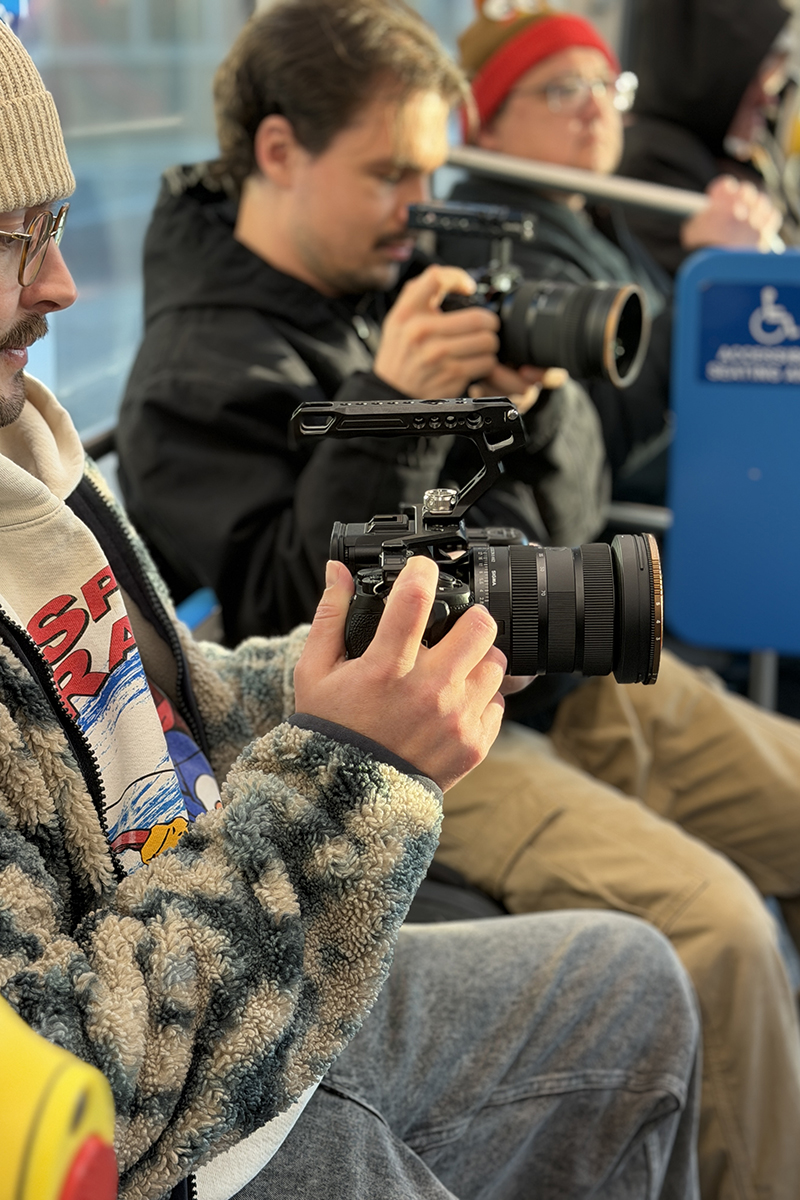In June, Missouri quietly overhauled its elections—and it could dramatically impact November’s general election.
H.B. 1878, signed by Governor Mike Parson and hailed as a win for Republicans, strips the state of a presidential primary, prohibits certain voter registration activities and requires voters to have photo ID, among other things.
The bill went into effect on August 28 and is already the subject of two lawsuits by the League of Women Voters of Missouri and Missouri NAACP.
Denise Lieberman, director and general counsel of the Missouri Voter Protection Coalition, says Missouri now has “some of the most restrictive provisions seen in states around the country” that disproportionately affect voters of color.
The “most forward-facing effect,” according to League of Women Voters of Kansas City President Anne Calvert, is the photo ID requirement. Previous acceptable forms of ID included student IDs, utility bills, or bank statements with a name and address attached.
Photo ID requirements are a “significant burden on people in lower-income communities,” says Luz María Henríquez, head of the Missouri ACLU.
An ACLU press release details how H.B. 1878 disenfranchises voters—including one voter with mobility issues who uses her expired non-driver license to vote but now must arrange transportation to renew her license. A mother of three with a misspelled state-issued ID will no longer be able to use her voter registration card. Replacing identification takes time, effort and resources many do not have. Henríquez notes the “discriminatory nature to this restriction.”
Even with proper transportation, there is only one DMV office serving Kansas City proper, with a few others in surrounding suburbs like North Kansas City, Raytown and Independence.
In the past, “the courts have generally said photo ID restrictions are unconstitutional,” says Greg Woodhams of the League of Women Voters, referencing the 2020 Missouri Supreme Court striking down a similar law.
Election authority is also changing hands from local election administrations run by bipartisan directors to a partisan elected official, the Secretary of State, which concerns many election professionals.
Around the country, similar changes have been used to partisan effect, Woodhams says. In Texas, auditors singled out voters with “Hispanic last names” and applied voter roll maintenance only to those voters. In Kansas, proposals suggested doing voter maintenance on the “most populous and least populous county,” which would disproportionately affect urban voters, according to Woodhams.
“There’s a lot of components to this law we’re still unpacking and evaluating,” says Henríquez, but the limits to voter registration are of particular concern to voters’ advocacy groups.
“There are limits to voter registration activities we can engage in, and the penalties for not following the rules or goofing up are steep,” Calvert says. Under the new law, being paid to register voters is prohibited, and anyone who assists with more than ten voter registration applications must both register with the state and be a registered voter themselves.
“Registering folks to vote is, at its core, protected under the First Amendment,” Henríquez says. “What this law really does is chill the speech of voter advocacy organizations.”
The new law also lacks clarity. “They don’t talk about registering people,” Woodhams says. “They talk about soliciting voter registration.” Without a definition, voter advocacy organizations could face criminal penalties for offering parking reimbursements or tokens of appreciation, like pizza, to volunteers.
According to many, vagueness is the point. An ACLU press release highlights how imprecise language is weaponized: The ban on absentee ballot solicitation could be used to “criminalize a volunteer who tells a voter that will be out of town on Election Day that they can vote absentee.”
In Missouri, violating election law could mean losing the right to vote for life. Danielle Lang, senior director of voting rights at Campaign Legal Center, says in a statement, “Our laws should protect and expand the freedom to vote, not punish democracy’s do-gooders and make it more challenging for Missourians to register to vote or vote absentee.”





